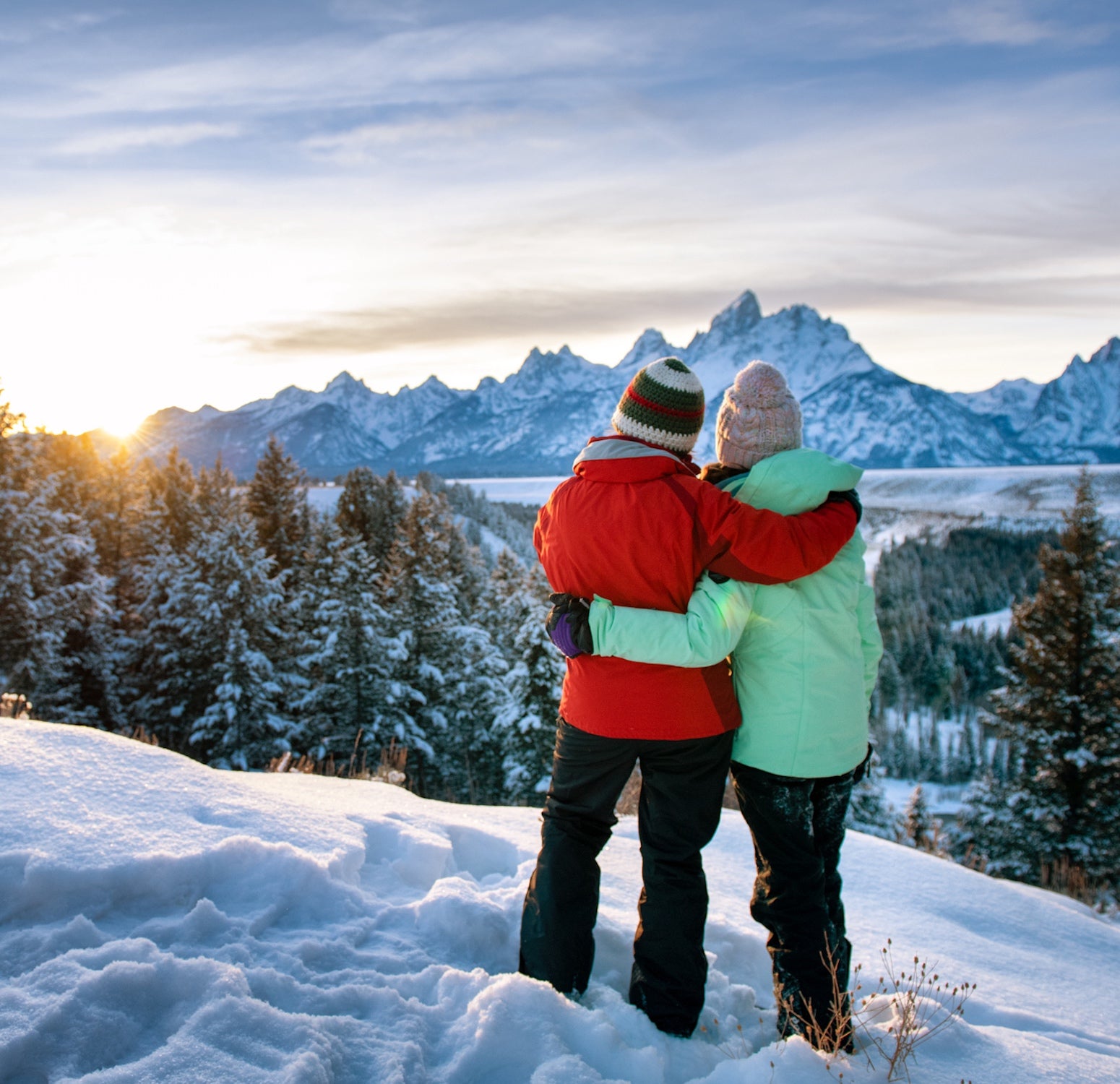Welcome to Tough Love. We’re answering your questions about dating, breakups, and everything in between. Our advice giver is Blair Braverman, dogsled racer and author of . Have a question of your own? Write to us at toughlove@outsideinc.com.
I have a young teenage daughter who is reluctant to dip her foot into the outdoors. I’ve taken her on camping trips to some of the Southwest’s national parks and sea kayaking off the California coast, and over the winter we snowshoed up to a backcountry yurt. I’ve tried introducing her to a variety of activities to test her interest and mettle—bicycling, hiking, horseback riding—and outings with just the two of us, a friend of hers along, and group settings in hopes of landing on an activity and an environment in which she feels most comfortable. The problems, as I think many parents can relate to, include a lack of enthusiasm, a lot of complaining, and a hesitancy (or even obstinacy) when it comes to jumping in with gusto. This can make my time in the outdoors a bit of a bummer or even a real downer. I think the hardest thing to face is the fact that maybe my daughter won’t ever love adventuring in the outdoors like I do. I’m really hoping to pass on a love of nature and its wonders, empower self-confidence in outdoor situations, and entertain the possibilities of future explorations (with me or on her own).
I guess my question is: Will she ever learn to love the outdoors? Did you love the outdoors when you were 14? Or are there examples of super outdoorsy folks you know who didn’t care if they stepped outside when they were in adolescence? Please give me some kind of hope that I’m not raising a kid who always will prefer computers to canoes.
When I was a kid, I wanted to learn to ice skate. It wasn’t that my parents didn’t want me to skate; it just wasn’t a priority. The nearest ice rink was half an hour away, and my mom, who considered herself a tomboy, thought I might enjoy more rough-and-tumble hobbies (read: no miniskirts). Then in eighth grade I received a letter I’d written to my older self as part of a class project five years earlier: I’m Blair, it said, and someday I want to be an ice skater. My parents, recognizing that my interest had been consistent, signed me up for beginner classes that month. I was a head taller—and years older—than every other kid in the class. But from the moment I stepped on the ice, I was in love.
Skating was one of my main passions for the next eight years. Before that, I hadn’t been unathletic per se, but I had little confidence in sports, avoided sweating, and had never thought of myself as someone who could be, you know, strong. But suddenly I had something to be strong for; there was nothing like the thrill of centering a tough spin or landing a jump. I got to focus on what my body could do rather than just how it looked. I felt shy, but I learned to perform for a crowd. My parents were baffled but supportive. My mom loves nature; my dad loves chess and art. And there I was, tromping around an industrial ice rink in a glittery pink dress, taping up my bleeding feet, having the time of my life.
I’m hesitant to give parenting advice, because I’m not a parent, and anyone who is a parent will have tackled far more than I can imagine. But I’ve been a teenage girl, so I can speak a bit to that. And I think that teenagers have a sense of what they need, and that the things they’re drawn to are often answers to questions they haven’t even learned to ask. (This is, of course, also true for adults.)
It must feel heartbreaking to share some of the things you love most with your daughter and have her complain and act miserable the whole time. You’ve discovered something that brings incredible value to your life, and you’re trying to share that—to make her life better, in the same way your life has been made better by time outdoors. But I’m guessing that she has her own interests, and maybe a big part of what she loves about them is that they feel purely hers. They’re vehicles for independence: a chance for her to figure out who she is when she’s away from you, too.
If you want to increase your daughter’s odds of being passionate about the outdoors, encourage her passions now, whether they be computers, Dungeons and Dragons, fashion, poetry, whatever. These may be passing interests, or she may end up shaping her life around them. There’s no way to know, and frankly it doesn’t really matter. Because what does translate, what she will carry with her, is passion itself. The ability to lose herself in something she loves. To get what she needs from it.
Think about it this way: the benefits you’ve gotten from the outdoors aren’t just about the ability to, say, ride a mountain bike; they’re about the experience of pushing yourself, gaining perspective, finding peace, building resilience. When you help your daughter find her own passions, you’re setting her up for those same benefits. Not from following the motions of what you do, but from following the spirit of it—the bravery and confidence and curiosity itself.
I hear from so many adults who wish they could connect with the outdoors, but feel they’re not able to, either because somebody discouraged them or they’re simply afraid of something that feels foreign, insider-y, and unreachable. Your daughter will never have that problem. You’ve given her an incredible foundation, opportunities she’ll have for her whole life. Whether or not she becomes an adventurer in the way you are, her childhood experiences in the outdoors have already changed her. She’ll never think of nature as something out of reach. When she hears about environmental protections, she’ll know what needs to be protected. And if she craves space, she’ll know where and how to find it.
If it’s helpful: I did love the outdoors at 14, but not necessarily in the ways my mom did, and part of what I loved most were the opportunities it gave me for independence—biking alone, or camping with friends as an older teen. (My dad, a New Yorker through and through, is game for outdoor adventures but also happiest in a coffee shop.) I haven’t skated in years; my beloved skates were destroyed in a flood. But that interest, the strength of that passion, helped bring me where I am today. It made my life better, not just then but now, too. And while I might not have jumped to go hiking with my mom as a teen, it’s now one of our favorite things to do when we’re together. Comparing notes from the woods—the animals we see, the tracks and birds—is a way we connect when we’re apart, too.
Know that whatever your daughter loves, she’ll never love it the way you do. But making space for her to love things in the way she does—that’s one of the greatest gifts you can give.


